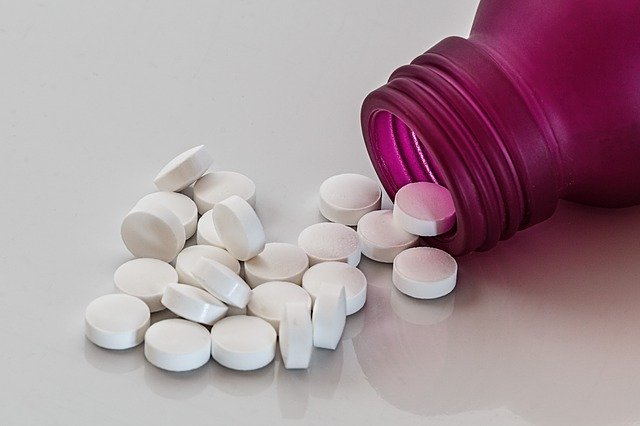Hydroxychloroquine is used to prevent or treat malaria caused by mosquito bites. Other uses include treatment of rheumatoid arthritis, lupus, and porphyria cutanea tarda.
Hydroxychloroquine is currently being studied for the treatment and prevention of coronavirus disease 2019 (COVID-19). Only limited clinical study information is available at this time to support the use of hydroxychloroquine for the treatment or prevention of COVID-19. Several hydroxychloroquine clinical studies are in progress in people with COVID-19 in the US, China, and other countries. However, more information is needed to know how well hydroxychloroquine works for the treatment or prevention of COVID-19. There also are concerns about the possible side effects, such as an irregular heartbeat, and drug interactions that may occur from taking hydroxychloroquine.
India manufactures 70 per cent of the world’s supply of hydroxychloroquine, according to Indian Pharmaceutical Alliance (IPA) secretary-general Sudarshan Jain. The country has a production capacity of 40 tonnes of hydroxychloroquine (HCQ) every month, implying 20 crore tablets of 200 mg each. And since the drug is also used to auto-immune diseases like rheumatoid arthritis and lupus, manufacturers have good production capacities that can also be ramped up. Ipca Laboratories, Zydus Cadila and Wallace Pharmaceuticals are top pharma companies manufacturing HCQ in India.
Banned in some countries, promoted in others - the drug hydroxychloroquine as a potential treatment for the new coronavirus is dividing opinion worldwide.
The Indian Council of Medical Research, under the Ministry of Health and Family Welfare, has recommended chemoprophylaxis with hydroxychloroquine (400 mg twice on day 1, then 400 mg once a week thereafter) for asymptomatic health-care workers treating patients with suspected or confirmed COVID-19, and for asymptomatic household contacts of confirmed cases. The ICMR study indicates that "simply initiating hydroxychloroquine prophylaxis did not reduce the odds of acquiring Covid-19 infection among healthcare workers. However, with the intake of four or more maintenance doses of hydroxychloroquine, the protective effect started emerging. A significant reduction of about 80 per cent in the odds of Covid-19 infection in the HCWs was identified with the intake of six or more doses of HCQ prophylaxis. This dose-response relationship added strength to the study outcomes."
The Lancet on May 22 published a study of nearly 100,000 coronavirus patients that showed no benefit in treating them with the two drugs - and even increased the likelihood of them dying in hospital. This led the World Health Organization to suspend clinical trials of hydroxychloroquine, but dozens of scientists have since raised concerns over the study's methodology.
A WHO pause doesn’t stop a country even India from conducting any form of trial, Dr. Shekhar C. Mande , Director-General, CSIR said the “harm” that had resulted from the Lancet study would create “fear” in the minds of people. “The observational data is sloppy, and the statistics underlying them is faulty. There is no doubt that it will not stand the test of time. You can’t compare apples with oranges,” Dr. Mande told The Hindu.
Source: Rathi et al 2020, DOI:https://doi.org/10.1016/S1473-3099(20)30313-3. thehindu.com, medlineplus.gov, Indiatoday, timesofindia
